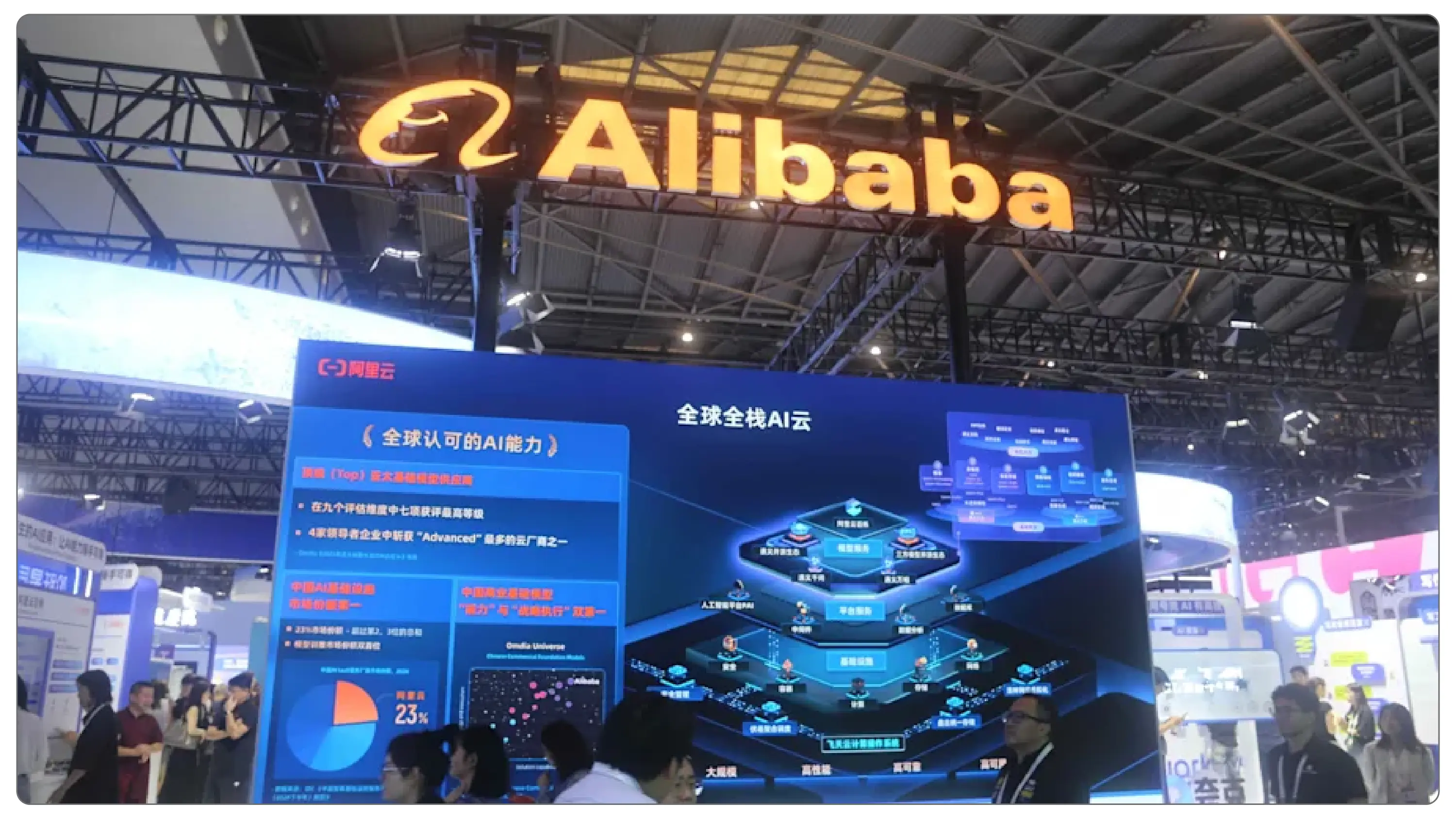Alibaba Unveils AI Glasses, Aiming to Rival Meta’s Innovations
Alibaba is no longer just China’s e-commerce titan- it is entering the challenging field of spatial computing. Alibaba recently unveiled XR Glasses, a stylish AI-powered gadget that is already being referred to as the Vision Pro of the East. This move has the potential to completely change the augmented reality market globally.

Designed by its research arm, Damo Academy, the XR Glasses are a stylish frame that combines productivity tools, augmented reality, and artificial intelligence. Alibaba's in-house competitor is making waves quickly, just weeks after Apple's Vision Pro debuted in China. The timing couldn't be more strategic.
What sets them apart? These artificial intelligence glasses are designed for intelligent, real-time assistance rather than passive media consumption. Within your field of vision, the device can extract text from your surroundings, translate languages on the fly, and summarize meetings. Without ever taking out their phone, users can access ChatGPT-style intelligence thanks to the glasses cloud-based AI large language models.
But this isn’t just about tech- the key is ambition. Alibaba is establishing itself as China's first significant competitor in the space computing market as multinational behemoths like Apple, Meta, and Google invest billions of dollars in the field. To localize hardware innovation and lessen reliance on international tech ecosystems, analysts view this as a crucial step.
The demos of the products, live subtitling, intelligent productivity prompts, and interactive voice assistants, all housed within lightweight frames, wowed attendees at the World Artificial Intelligence Conference (WAIC) in Shanghai. Alibaba's glasses are lightweight, fashionable, and practical in contrast to Apple's large headset.
Of course, the road ahead won’t be without competition. Apple still dominates the premium AR/VR market, and local competitors like Xiaomi and ByteDance are also investing heavily. But Alibaba’s early entry into AI-integrated eyewear could give it an edge in the enterprise productivity segment, particularly in education, office tech, and travel translation. If paired with the Alibaba Cloud’s infrastructure, it could revolutionize how work and communication happen in real time. Its integration with enterprise tools might push mass adoption faster than expected.
Critics, however, question Alibaba’s software ecosystem and its ability to match Apple’s seamless UX. While the hardware is promising, mass adoption will depend on app integration, battery life, and affordability, areas where Apple already has a head start. Without a strong app ecosystem and intuitive UI, the product risks falling short of long-term expectations.